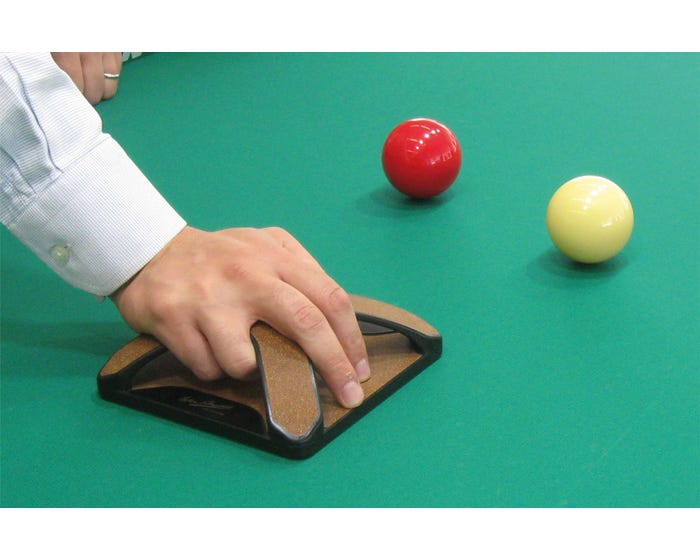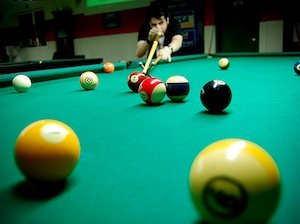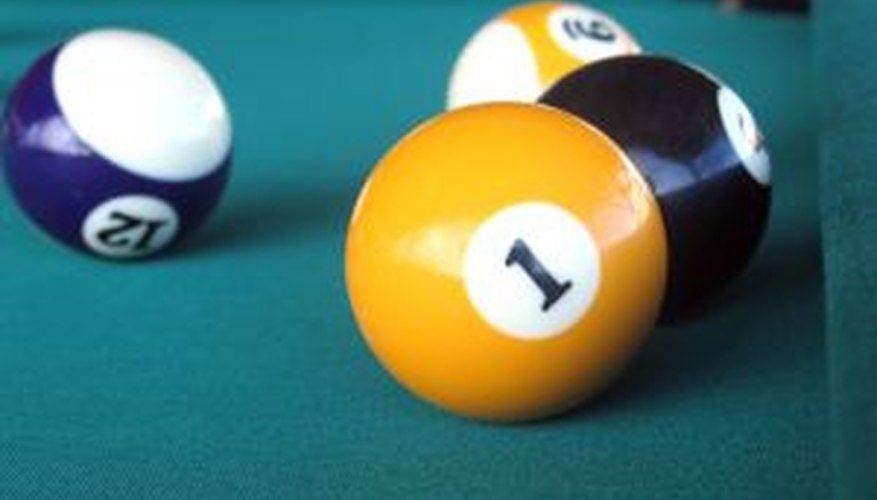
Pool is a classic game. It was originally a form of croquet in the 15th century. Then, in the 19th century, pool was used for betting. This led directly to the development and use of the pool hall. Today pool is enjoyed all across the globe, from the United States to the Philippines to Europe. But, there are many misconceptions about this popular sports activity. It is highly controlled and requires skill. It is often mistaken for a game that is luck-based.
Pool is a game played using a cue ball and balls. Although they are small, the balls play a significant role in the game. They also have a wide range of shapes and patterns. It is important to learn the proper uses of the balls so that you can understand the game. It can be difficult to use these balls, so it is important that you understand their reactions to different shots.
Most pool balls were made from wood before the 19th century. During the early years of the century, players started using other materials, such as clay. The first plastic balls were created in the middle of the 20th century. Some balls were made from ivory. The ivory balls were costly and were still made up to 1920. But they weren't very stable. Other materials, such as celluloid, were discovered and became widely accepted.

In 1907, the American chemist Leo Baekeland discovered petroleum-based plastic. This material proved to be ideal for pool balls. Plastic was eventually found to work well as a substitute for the original wood balls.
Pools were first installed in parlors to allow people to wager on horse races. Because of this, the name of that game was changed. Initially, the French queue was used as a way to make sure horses did not pass the finish line.
Billiards has evolved from a lawn-game to an indoor game. Several of the most common types of pool include nine-ball, seven-ball, ten-ball, and carom. Most pool players today are either single or team players. The rules of pool may be standardized, but each player has his or her own name. For a player to win, they must be aware of all the regulations and rules.
While most of the pools are in public areas, it is important for all to be aware of the dangers of untreated pools. Public pools can carry germs, which can make them very dangerous. They can not only be dangerous to your health but can also cause many inconveniences and frustrations. Swimming is a popular way for adults to relieve stress.

Children are among the most serious pool accidents. The popularity of salt chlorination systems has increased over the last few decades. Salt chlorination systems can be used to make pools safe. These systems don't work for every pool. Algicide can also be considered, but it works best when used in conjunction with chlorine sanitizer.